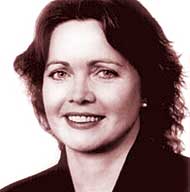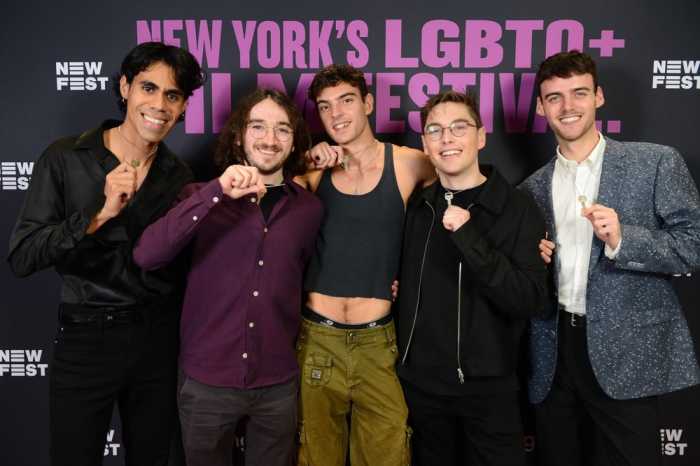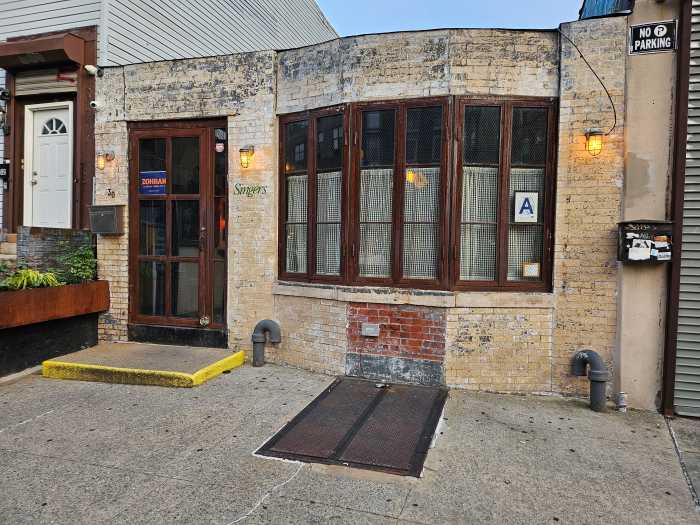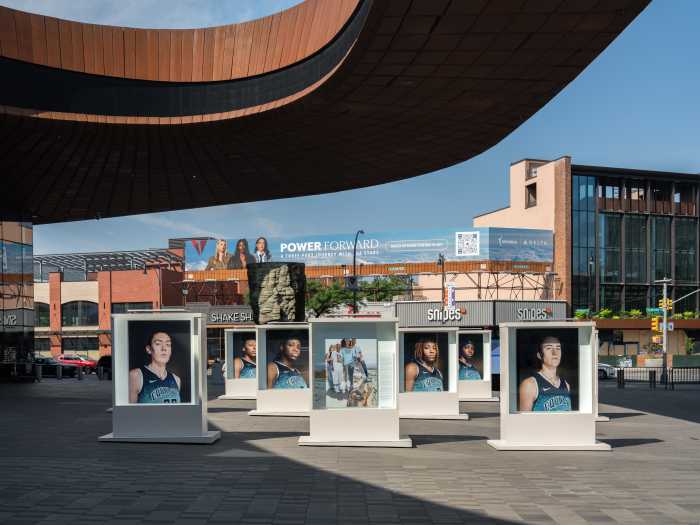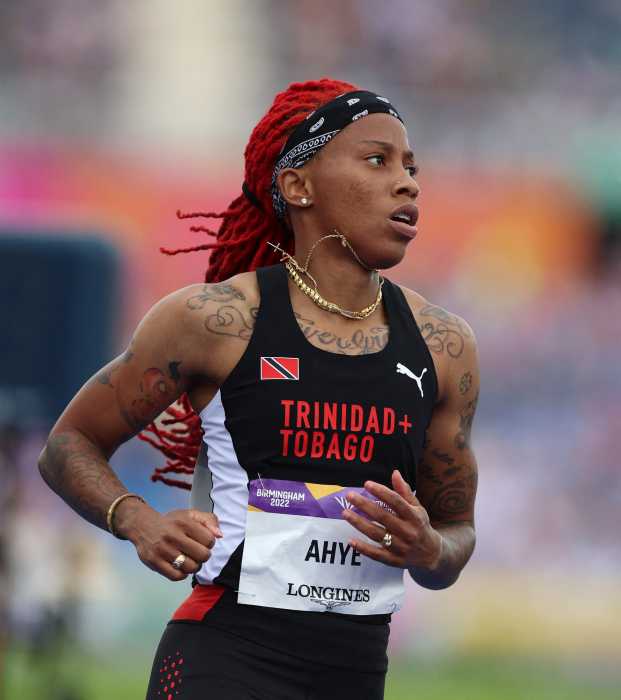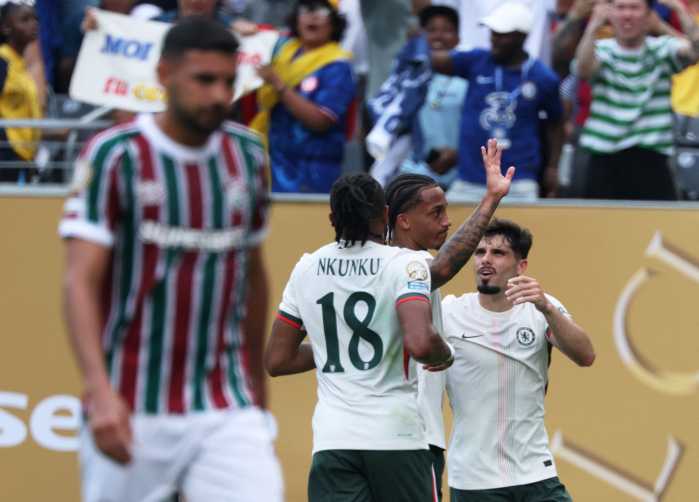The Amelia Piano Trio will span the last
200 years of music in its recital Sunday, part of the Brooklyn
Friends of Chamber Music’s 2002-2003 season. But according to
violinist Anthea Kreston, that wasn’t the way the ensemble, which
also includes cellist Jason Duckles and pianist Jonathan Yates,
planned it.
"We worked with the Brooklyn Friends to come up with a program
that’s most suitable for them and their audience," Kreston
said from her Connecticut home.
The Feb. 9 program will consist of Mozart’s Piano Trio in C Major
(K. 548), Maurice Ravel’s Piano Trio, and a piano trio by American
composer Ellen Taaffe Zwilich, said Kreston.
Mozart’s trio, one of his sunniest works, opens the concert.
"It’s a nice, optimistic trio," she said. "Of
course, you can never go wrong with a Mozart piece."
When Ravel began composing his lone piano trio, World War I was
breaking out in Europe, which may account for the slow, haunting
quality of its opening movement. Nevertheless, the work has maintained
its reputation as one of the most-played and beloved chamber-music
pieces.
"Ravel’s trio is definitely a mainstay piece in the repertoire,"
said Kreston. "Interestingly enough, it’s one of the very
first classical compositions that had an Asian influence [in
the second movement, ’Pantoum,’ with its complex rhythmic patterns]."
As for the 1987 trio by Zwilich – one of the most important American
composers working today – Kreston admires it immensely.
"We wanted to play something contemporary, and it’s by far
one of the best contemporary trios," she said.
"It often sounds like S hostakovich’s music in juxtaposing
its humor with its broadly sweeping, serious moments. But for
all that, it’s quite compact, its three movements running a total
of about 16 minutes."
Zwilich originally wrote the trio for the Kalichstein-Laredo-Robinson
Trio, which premiered the work. Last year, a Koch recording of
Zwilich’s concertos for piano, for violin and cello (the "Double")
and for violin, cello and piano (the "Triple") showcased
the K-L-R Trio’s own special feeling for Zwilich’s memorable
music.
In the CD’s liner notes, Zwilich writes of her fondness for writing
for the instruments that make up the piano trio: "There
is the opportunity for deep exploration of the nature of the
solo instruments: the challenge of understanding and exploiting
their character, not only as revealed in their literature, but
also hiding undiscovered within them."
As for the Amelia Trio’s own recordings, a Global Crossings disc,
"East Meets West" – which pairs them with two Chinese
musicians in performances of Eastern classical music and the
Ravel trio – arrives later this spring, while a Cedrille disc
of Paul Hindemith’s complete chamber music with clarinet is scheduled
for this summer.
For her part, Kreston can’t wait to return to Fort Greene’s Lafayette
Avenue Presbyterian Church for this concert. "It’s a beautiful
place to play," she said, "and it’s so open and warm-sounding."
Mozart quintets
As much Mozart music as we usually hear in concerts and recordings,
his six string quintets – among his greatest works – aren’t as
frequently heard. The Fine Arts Quartet, along with violist Toby
Hoffman, will help end such neglect at Bargemusic when they play
all of the sublime string quintets on two programs, Feb. 13-16.
Mozart wrote his string quintets with a second viola, unlike,
say, Schubert, whose sublime quintet’s two cellos add more weight
to the music.
Mozart wrote his quintets throughout his lifetime – the first
in 1773, when he was 17 years old, and the last right before
he died, at the age of 35. They run the gamut from the delightful
to the profound, and it’s a shame they are not more well known,
especially compared with his six quartets that pay homage to
Haydn.
The Fine Arts Quartet has already won kudos for its recordings
of the Mozart quintets on the Lyrinx label, and their most recent
appearance at Bargemusic was marked by the wonderful fluidity
and grace they played with in two programs that included works
by Mendelssohn.
With violist extraordinaire Hoffman along for the ride, these
Mozart recitals could be something special.
The Amelia Piano Trio performs Mozart,
Zwilich and Ravel, presented by the Brooklyn Friends of Chamber
Music, at the Lafayette Avenue Presbyterian Church (at the corner
of Lafayette Avenue and South Oxford Street in Fort Greene) on
Sunday, Feb. 9 at 3 pm. Tickets are $15, $12 seniors and $5 students.
For more information, visit the Web site at www.brooklynfriendsofchambermusic.org
or call (718) 855-3053.
The Fine Arts Quartet and violist Toby Hoffman perform Mozart’s
string quintets Feb. 13 and 14 (Quintets 1, 3 and 5) and Feb.
15 and 16 (Quintets 2, 4 and 6) at Bargemusic, anchored on the
East River at Fulton Landing. Thursday, Friday and Saturday concerts
begin at 7:30 pm; Sunday concerts begin at 4 pm. Tickets are
$35, $25 seniors (Thursdays only) and $20 full-time students.
For tickets, call (718) 624-2083. For more information, visit
the Web site at www.bargemusic.org.


